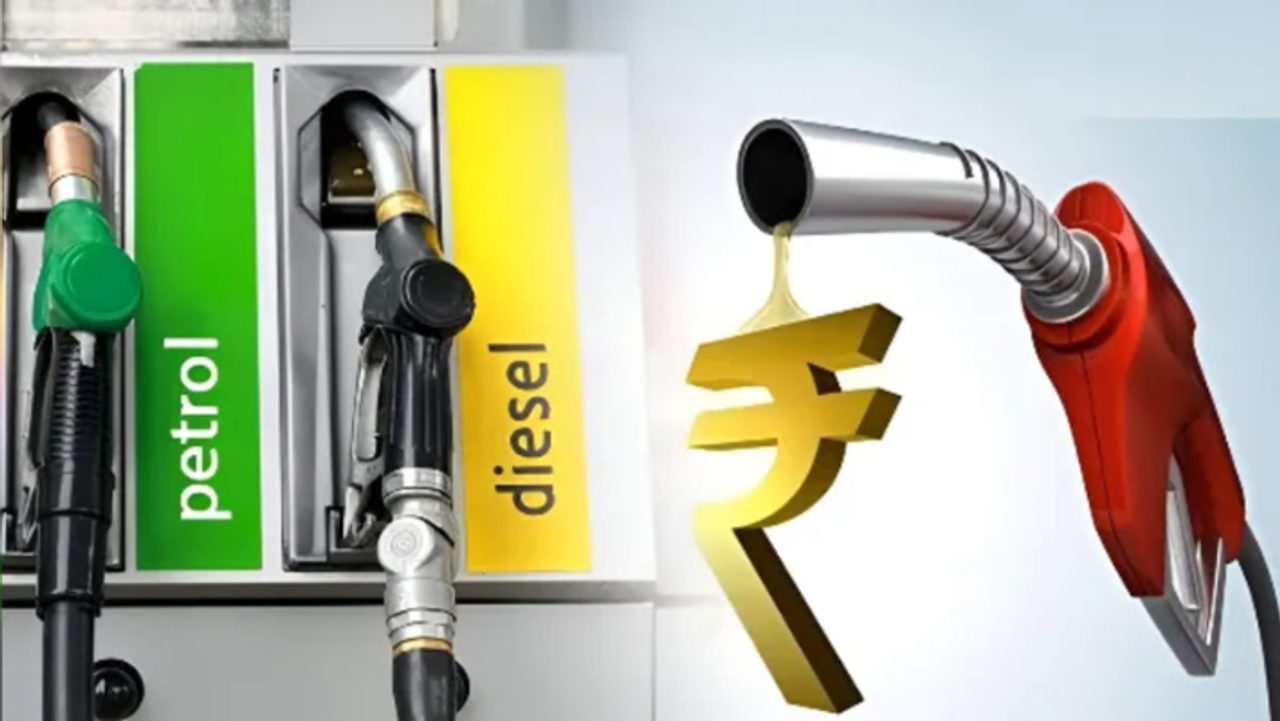- Home
- Lifestyle
- Petrol Vs Diesel: Which fuel is right for you? Know differences, cost and environmental impact
Petrol Vs Diesel: Which fuel is right for you? Know differences, cost and environmental impact
This article explores the key differences between petrol and diesel, from performance, cost, and environmental impact, helping you understand which one is better suited for your needs.

What is the difference between diesel and petrol
When choosing between petrol and diesel, several factors influence the decision, from performance to fuel efficiency and environmental impact. Learn in detail about the key differences between petrol and diesel. Both petrol and diesel are obtained from crude oil through a refining process, but their chemical structures differ. Petrol is a lighter fuel. It contains hydrocarbons. It has a short carbon chain. It is more volatile. On the other hand, diesel is denser and is made up of hydrocarbons with long carbon chains. It has a low evaporation capacity. But it has a high energy density. The refining process for diesel is slightly less complex than that of petrol, which is why diesel is cheaper to produce in some markets. However, in many regions, diesel prices are higher due to emission-related taxes and environmental regulations.

Diesel And Petrol
One of the main reasons consumers and industries choose diesel engines is their superior fuel efficiency. Diesel fuel has more energy per liter than petrol. Diesel engines are 20-30% more efficient. This is especially beneficial for long-distance drivers or industries that rely on heavy vehicles such as trucks, buses, and construction equipment. Diesel engines generate more torque. This provides excellent pulling power and makes it suitable for heavy loads. Petrol engines, while less efficient, are generally known for their higher power output and smoother performance, especially at higher speeds. Petrol engines are often preferred for smaller, lighter vehicles and driving in urban environments. In terms of their performance, petrol engines tend to provide faster acceleration.
Diesel
Petrol cars are generally quieter and produce less vibration. This provides a smooth driving experience. This attracts many private car owners. However, diesel engines provide better performance at lower RPMs. However, diesel engines are noisy and produce more vibrations. Some drivers may find less coverage in everyday use. Diesel engines are more expensive upfront due to their robust construction. They are built to withstand high pressure and temperature conditions. This makes them last longer. But it also increases the cost of production. On the other hand, diesel vehicles have higher fuel efficiency. This leads to lower operating costs over time. Especially helpful for frequent long-distance drivers.
Petrol
Petrol engines, in comparison, are generally cheaper to manufacture and maintain. However, petrol vehicles use more fuel per kilometer, resulting in higher running costs over time. Especially for frequent drivers. When it comes to maintenance, diesel engines may require more specialized attention. Especially with the advent of new technologies like turbocharging and exhaust treatment systems. Diesel engines are more likely to clog particulate filters. Both petrol and diesel vehicles emit fumes. But the nature of their emissions is different. Diesel engines produce higher levels of nitrogen oxides (NOx) and particulate matter, which are harmful to human health and the environment. As a result, diesel engines are subject to stringent environmental regulations. Petrol engines, while emitting less NOx and particulate matter, produce more carbon dioxide (CO2) per liter burned.
Which fuel gives more mileage
CO2 is a major greenhouse gas that contributes to global warming. In this regard, neither type of fuel is particularly "green", but advances in engine technology and emission controls are helping to reduce their respective environmental footprints. Diesel cars often retain higher resale values than petrol cars, especially in areas where diesel is popular for commercial and long-distance driving. Because diesel engines are generally more durable and fuel-efficient, they are more attractive to used car buyers. However, recent restrictions and bans on diesel vehicles in some areas due to environmental impacts have led to a decline in the resale value of diesel vehicles in some markets. The choice between petrol and diesel depends on the purpose of the vehicle, cost considerations, and environmental concerns.
Explore the latest Lifestyle News covering fashion, wellness, travel, Food and Recipes, and more. Stay updated with trending Health News, fitness tips, and expert insights to inspire your daily living. Discover personalized lifestyle trends that keep you stylish and informed. Download the Asianet News Official App from the Android Play Store and iPhone App Store for everything that adds value to your everyday life.